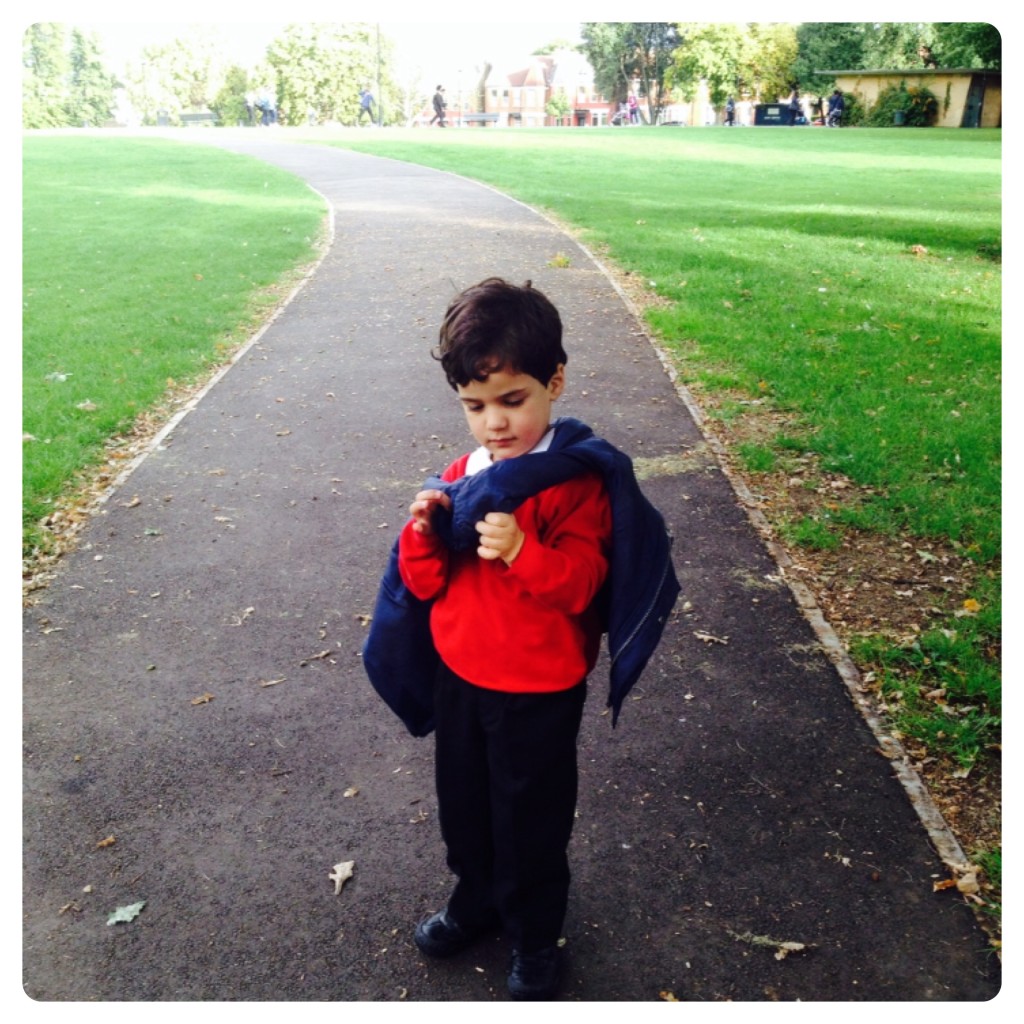Special Teaching for Special Children?
When we were out over the weekend, we noticed the variety of people in our multi-cultural society. While walking down the road in London, we will certainly meet people from different backgrounds, races and countries.

Our schools are just like the roads around us, full of diversity and children with individual needs. I have mentioned before that little man has his own special needs, he was added to the Gifted & Talented Register in 2014. As a mum, I was worried when little man started school as I could see he was different to other children around him, but I wasn’t sure how the school could accommodate his needs. Following his assessment, he was given differentiated lessons and activities, according to his abilities. Since his special needs have been diagnosed, I couldn’t be happier as it reassured us that his needs would be met by the school.
Looking back, I notice that a lot has changed since I went to school. Nowadays you will find diverse classrooms with a range of abilities and special needs, something that I couldn’t see when I was younger. Thanks to the ‘inclusion for everyone’ school policy launched by the Labour government ten years ago, mainstream schools now accommodate most special educational needs.
Before the government policy, it was believed that children with special educational needs didn’t belong in mainstream schools and, as a result, the policy was heavily criticised when it was implemented. However a recent research shows that public opinion has changed dramatically in the past decade. The survey undertaken by Simpson Millar highlighted that over half of those surveyed, 58% to be exact, believe that the inclusion of children with special educational needs in mainstream schools works.
I am reading a very interesting book at the moment, Special Teaching for Special Children?, which questions whether inclusive teaching should incorporate specialist approaches according to individual needs. The book points out that “good teaching is good teaching for all” and all children would benefit from it. If you are interested in SEN, I would definitely recommend the book, as it covers most special needs groups, such as deafness, visual impairment, learning difficulties, social, emotional and behavioural difficulties, speech, language and communication difficulties, Down’s Syndrome, Autism, dyslexia, dyspraxia and English as an additional language.
Collaborative post
